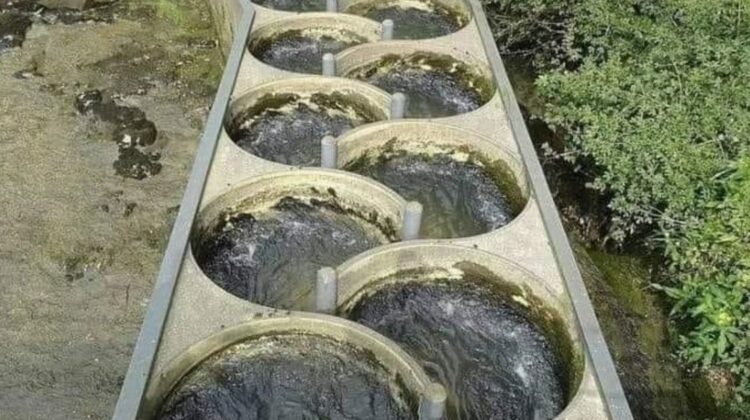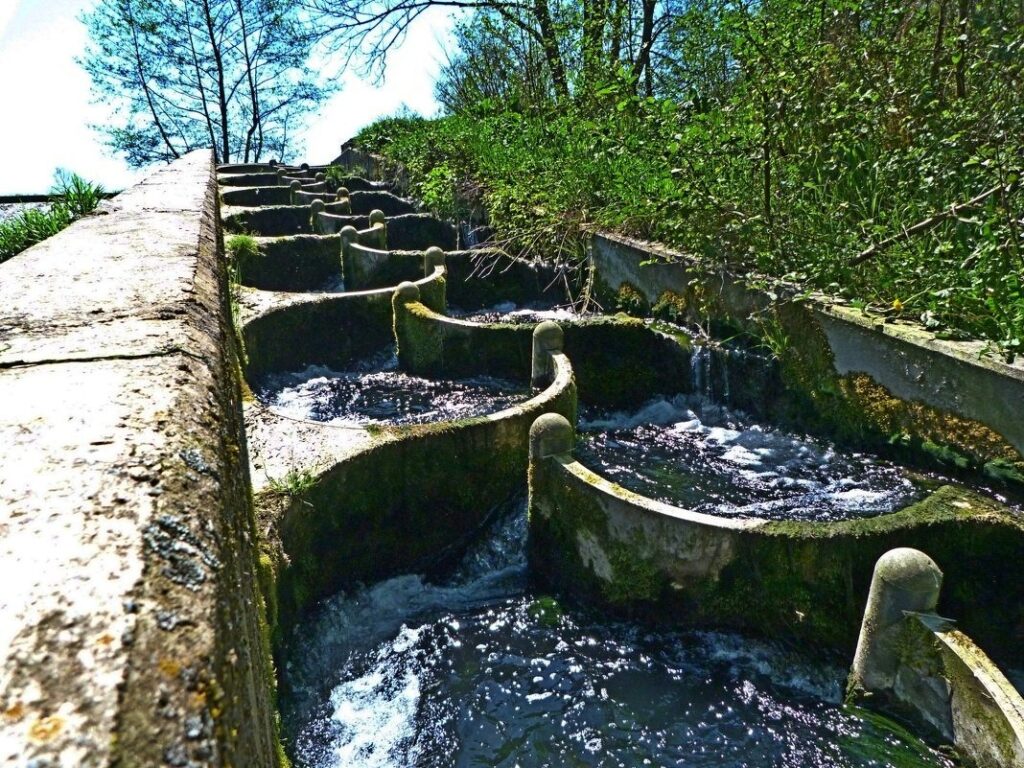
Have you ever wondered how fish overcome the obstacles of dams and weirs to reach their spawning grounds? Nature has provided a remarkable solution: the fish ladder. These ingenious structures allow fish to navigate upstream, ensuring the continuation of their species and maintaining delicate ecosystems.

Understanding the Fish Ladder
A fish ladder is essentially a series of stepped pools or channels that allow fish to ascend gradually over a dam or weir. By mimicking the natural flow of a river or stream, these structures provide a safe and efficient pathway for fish to migrate.

The Tesla Valve: A Key Component
The Tesla valve, a unique fluidic device, plays a crucial role in fish ladders. This passive component allows fluid to flow in one direction only, preventing backflow and ensuring that water flows consistently through the ladder’s pools. This design ensures that fish can swim upstream without being swept back downstream.

Environmental Significance
Fish ladders are essential for preserving biodiversity and maintaining healthy aquatic ecosystems. By enabling fish to reach their spawning grounds, these structures help to ensure the survival of fish populations and the overall health of rivers and lakes.

A Swiss Example
A notable example of a fish ladder can be found in Switzerland. The Sorne fish ladder, located in the Pichoux Gorge, Delemont, is a prefabricated structure with 24 tanks and a height of 3.80 meters. Built in 2008, this ladder allows fish to migrate between lakes and rivers, demonstrating the effectiveness of this innovative design.

Fish ladders are a testament to human ingenuity and our commitment to environmental conservation. By understanding the principles behind these structures and supporting their implementation, we can help to protect aquatic ecosystems and ensure the continued survival of countless fish species.


































Leave a Reply